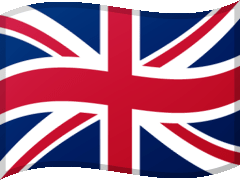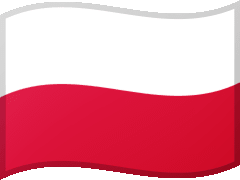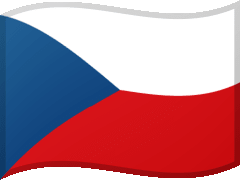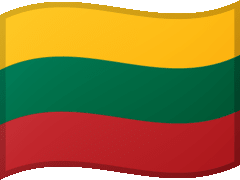The opposition in Estonia became more active in 1987 in response to the plans for the construction of a phosphate mine which created a direct threat of ecological catastrophe. In June 1988, after a festival in the capital city of the country - Tallin - came to an end, the gathered crowds started to sing patriotic songs spontaneously. This way, the “singing revolution” began. On 1 October 1988, the Popular Front was established, the idea of becoming independent of Moscow was also supported by some Communists. The declaration of sovereignty was adopted in November, which, among other things, acknowledged the superiority of the Estonian law over the Soviet law. Soon afterwards, the national colours were restored. Estonian flags as well as the Latvian and Lithuanian ones waved over two million people who formed a “living chain” on 23 August 1989.
In March 1990, the Popular Front together with pro-independence Communists won the elections, gaining a majority in the Supreme Council. A month earlier, the Congress of Estonia, with no real power, had been elected. Only the citizens of pre-war Estonia and their descendants, including those living in exile could take part in this vote. Representatives of tens of new parties and social movements started in the elections. In March 1991, the majority of Estonians supported the independence of their country in a referendum.
Just as in other parts of the Soviet Union, this desire for independence was opposed by Interfront. It was supported mainly by representatives of the numerous Russian minority. The breakthrough took place during the putsch in Moscow. On 20 August 1991, the declaration of independence was proclaimed. The Soviet troops which entered Tallin were withdrawn after the putschists’ defeat. Representatives of the Supreme Council and the Congress formed the Constitutional Assembly. After the adoption of the constitution in September 1992, the parliament of independent Estonia was elected. The following years were marked by difficult economic and social reforms, and this time was crowned by accession to the European Union and NATO in 2004.






